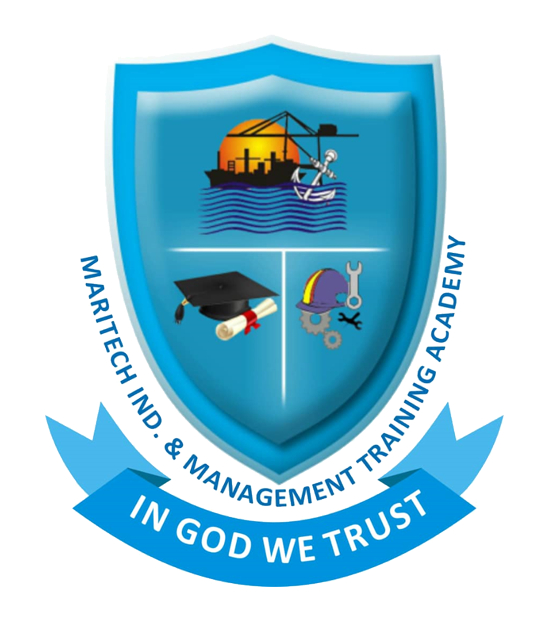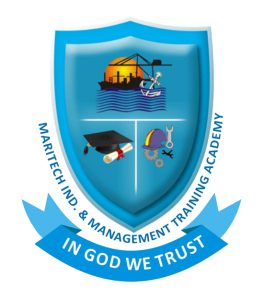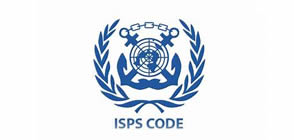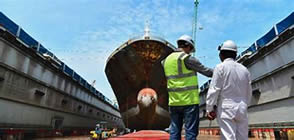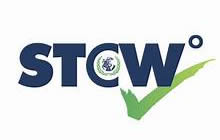Human Element, Leadership and Management (HELM)
Human Element, Leadership and Management (HELM) Apply Today to Gain Access to Top-Quality Training in Maritime and Oil & Gas. Register Now Course Overview This course provides students with awareness and understanding of the key human factors influencing effective resource management. You will acquire and develop tools and practical skills to enhance your maritime resource management capability. This training is a prerequisite for a first certificate of competency (CoC). The course meets the latest mandatory requirements for approved training in the human element, leadership and management at the management level and the standards of competence to be achieved. Chief mate or master on ships of 500 gross tonnage or more Second engineer officer or chief engineer officer on ships powered by main propulsion machinery of 750 kW propulsion power or more. It meets the obligatory requirements relevant to bridge resource management, engine-room resource management and application of leadership and team working skills as set out in Tables A-II/2 (masters and chief mates on ships of 500 gross tonnage or more) Table AIII/2 (chief engineer officers and second engineer officers on ships powered by main propulsion machinery of 750kW or more) of the International Convention on Standards of Training, Certification and Watchkeeping for Seafarers (STCW) incorporating the Manila amendments What you’ll learn During the course you will develop the knowledge and skills to address: Situation and risk assessment: understand the influence of a situation and risk assessment in the principles and practice of decision making at an operational level. Situational awareness: how to acquire and maintain situational awareness and accidents and increasing safety margins. Communication: how to recognise and apply best practices in communication and be aware of communication barriers and how these may adversely affect situational awareness. Shipboard training: to understand the aim of shipboard training, the principles of learning and methods of developing human potential. Culture: how to recognise and respond to cultural issues including cultural awareness and bias including national, organisational, departmental and personal cultural approaches. Team-working: to recognise team working models and conflict management style. Leadership and management: to recognise and demonstrate effective leadership behaviours. Workload management: understand the concept of task and workload management and be able to apply it. You are recognizing fatigue and stress in yourself and others and developing strategies for dealing with them. Course Duration 3 Days
